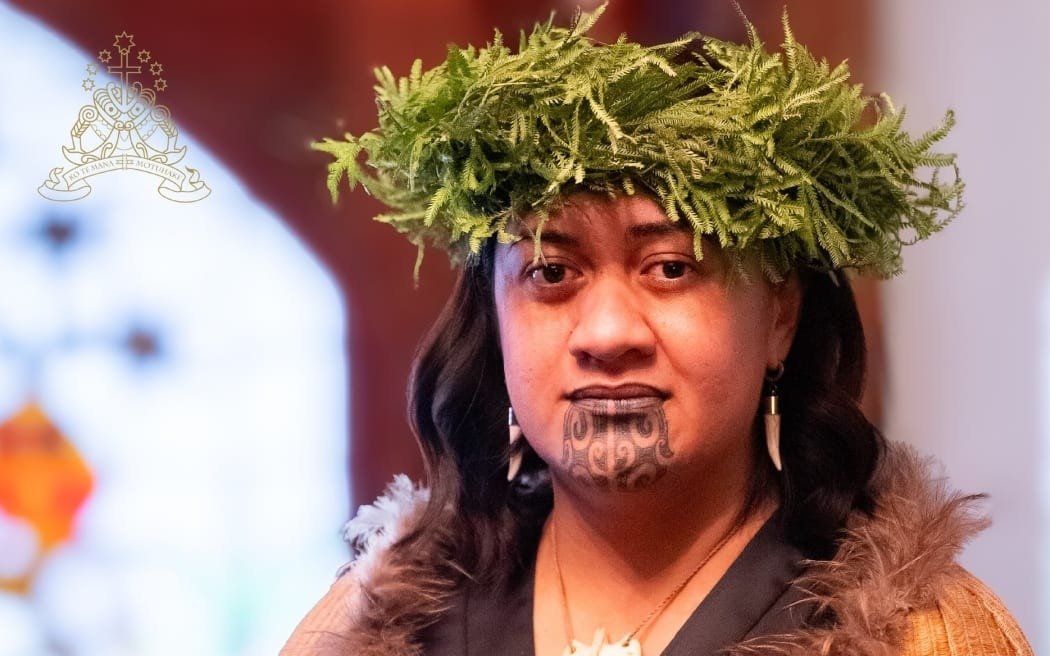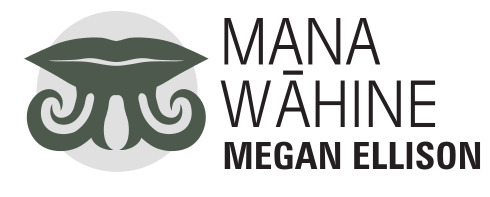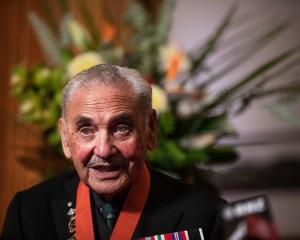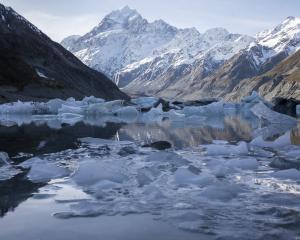
There is just so much in a name. I watched on Waka Huia (an archival Māori language programme) a kuia (the wife of Archie Taiaroa) talk about how Nga Wai Hono i te Po was named.

She said that her friend Dame Te Atairangi Kaahu was on the Whanganui River with her and had to get to a phone at Parikino Marae and was overjoyed when she heard that she had a new granddaughter and asked this kuia to name her. She was reluctant and with a laugh she said, "we are from the Whanganui River, we don’t go over the head of Tainui to name your grandchild".
However, the Queen said to her, "I have come from the Waikato River to be here with you of the Whanganui River, don’t talk about it! Give me a name!"
The kuia talked to her husband, Archie, and the connection between the two rivers was made in the name. She came up with Nga Wai Hono i te Po, and it was getting late and both kuia went down to the river to wash at night. So, beautifully, the name connects the two rivers and whakapapa and talks of washing in the river at night.
The kuia stated that she understood that it was a privilege to be asked to name her. This might give you an understanding of a name and its importance and weight in the Māori world.
A name carries a legacy and, in this case, Nga Wai Hono i te Po has the myriad Tainui tūpuna who stand behind her but those of the Whanganui River too.
Furthermore, in the name there is a beautiful coming together of two elements, water and the night and that resonated with me straight away. Her ascendancy to the throne has already brought elements together, albeit elements that perhaps don’t align or fit, but with that friction comes learning.
I have had so many questions from Pākehā about the Kiingitanga, awesome questions, wanting to know and understand. In fact, it has even forced me to reflect on my own knowledge and do some homework, so I can help a shared understanding.
I had someone ask me if the Queen is ready to be a queen, particularly given her youth, and it made me reflect a bit on myself, as a Māori woman, and my daughter. I said that I thought she was very ready for it and will have all the support around her. But I also explained that she had grown up with te reo Māori as her first language and within her own village and under the mantle of leadership and mana and with that comes expectations.
On a much smaller scale, my girl was raised on the marae, with te reo Māori as her first language, surrounded by her whānau and elders and therefore there are natural pressures that go with that. She is expected to be able to perform particular rites, to understand Māori dynamics and politics and to navigate the Pākehā and Māori worlds she straddles. She is expected to be able to speak formally and informally to her people or an audience. She is expected to give back to her community and pick up a tea towel in the kitchen without being asked.
Therefore, with this particular type of privilege comes expectations. This may sound unreasonable but it’s just the way it is for Māori women who have grown up on their marae and within their villages.
Nga Wai Hono i te Po has already become a wahine figurehead for my daughter and that fills me with pride and a sense of hope.
When you consider that the average life expectancy for wāhine Māori is 77.1 years, compared to wāhine Pākehā, whose average life expectancy is 84.5 years, and that research also shows that up to 80% of Māori women will experience violence in their lifetime and, shockingly, Māori women are three times more likely to be killed by a partner than non-Māori women, and, furthermore, that 69% of wāhine Māori have experienced discrimination in their lives and the lists of subjugation of wāhine Māori goes on, then Nga Wai Hono i te Po, you bring us hope, you are the pou herenga to unite, you are a role model for our daughters, and we are your constellation, your senate, your kāhui wahine.
On a final note, and through a Māori lens, my daughter has a few connections to this narrative. Historically, in 1856 a great multi-tribal hui was held at Pūkawa (on Lake Taupō) to discuss unity as a people and the possibility of a Māori King. This hui was named Hīnana ki Uta, Hīnana ki Tai and Te Matenga Taiaroa (our tūpuna) attended as our Ngāi Tahu chief and took symbolic representations of two South Island mountains, Aoraki and Tapuaenuku to show our support. A cord from each iwi mountain was fixed to a central pou that represented Tongariro and confirmed a commitment as iwi Māori to a unified position.
When my daughter was born, Archie Taiaroa gifted her a beautiful mere made from a black stone of the Whanganui River, and with that a whakapapa is acknowledged and there is an enduring and deep connection — He hononga, e kore e motu.













